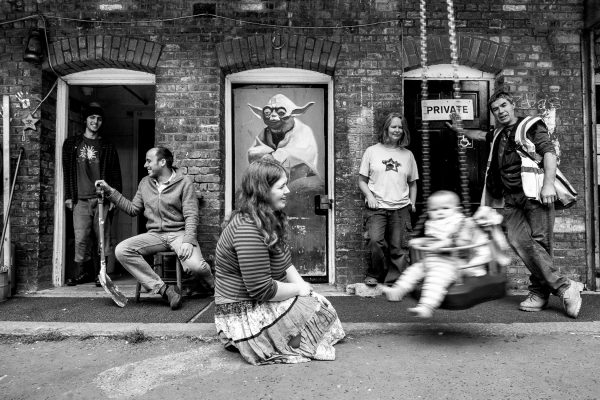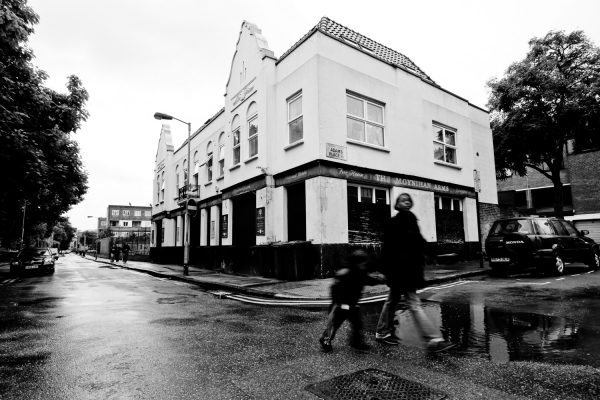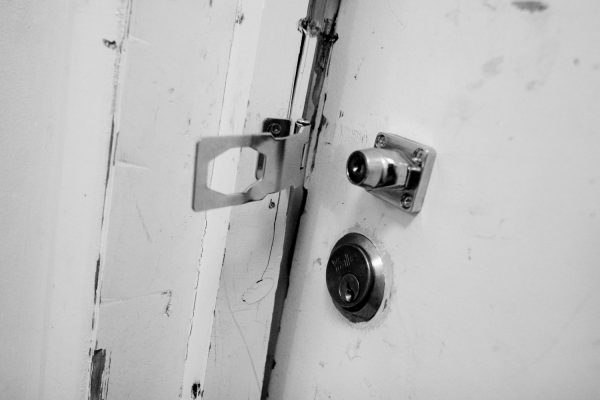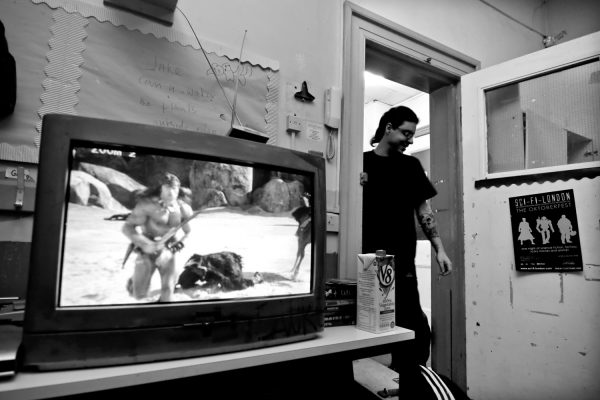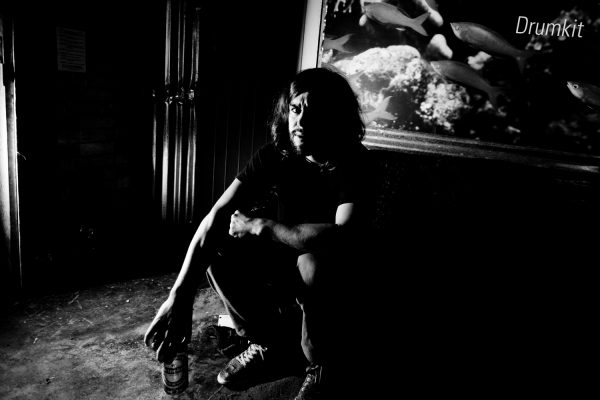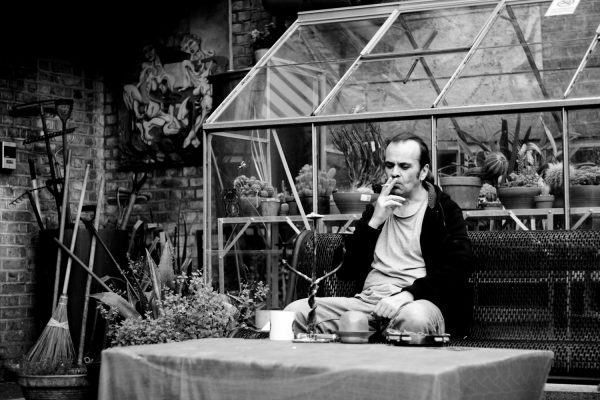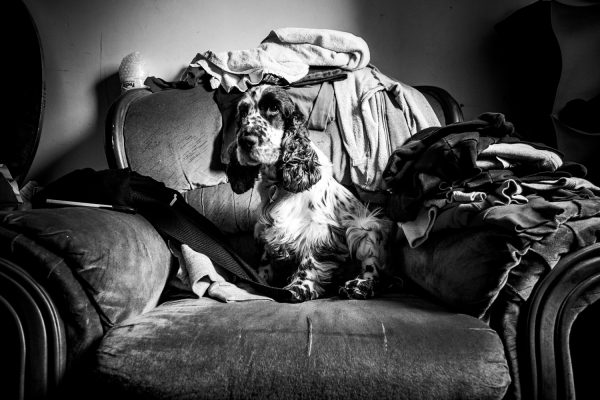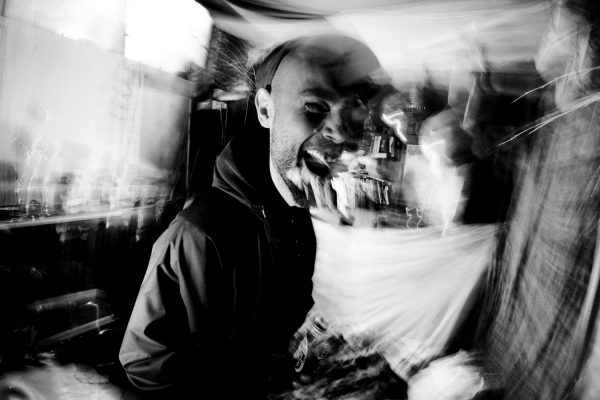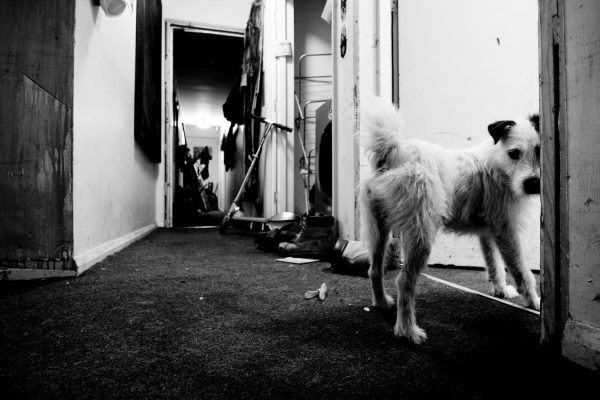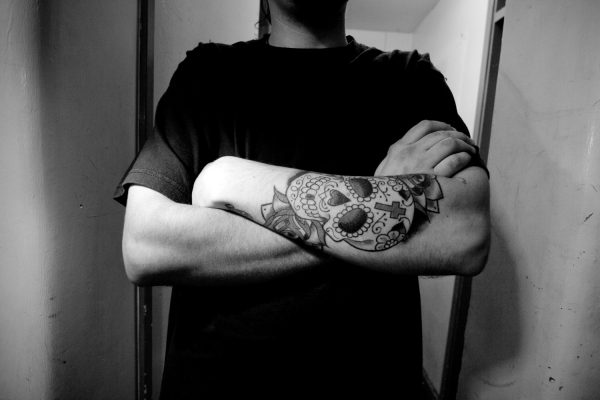This reportage is an insight into life of squatter sin London.
Just like cavemen, nowadays about seventeen thousand people constantly move from one empty house to another in search of a shelter inside the City of London. Under British law living in somebody else’s uninhabited property is not illegal and with circa eighty thousand empty buildings within London there is much scope for ‘urban nomads’ to take housing policy in their own hands…. These ‘urban nomads’ are known as squatters.
It is a matter of need and principles. So many empty houses in such an expensive city somehow must result in self-regulation. There are people out there who cannot afford to pay the rent. And there are those who refuse to pay it. Back in the 80’s squatting overgrew it’s initial purpose – resolving housing needs by the homeless. Now it is also an act of rebellion, a statement against existing social structures, and a way of life. “I like this kind of lifestyle, because it’s us, friends, who create a home, there is no leader telling you what to do. It is a community”, Rodrigo says. “But not paying the rent is not the whole point. You pay your rent in a different way,” points out Stefano, 23. Squatters are always on the move. It’s not an easy way. “The human cost is quite high at the end”, adds Arturo, 29 year old from Chile. There is another aspect of such lifestyle – the prehistoric principle of finding uninhabited shelter, making it home and moving out when forced by someone stronger. Obviously the principle is adapted to 21st century. “You can end up living in different places – library, office, old pub – as long as it has water, electricity and a toilet you can live anywhere”, believes Stefano.
The law is changing in favour of property owners, making squatting more and more difficult. This trend should be followed by effective housing policy, since the problem is there to stay.
